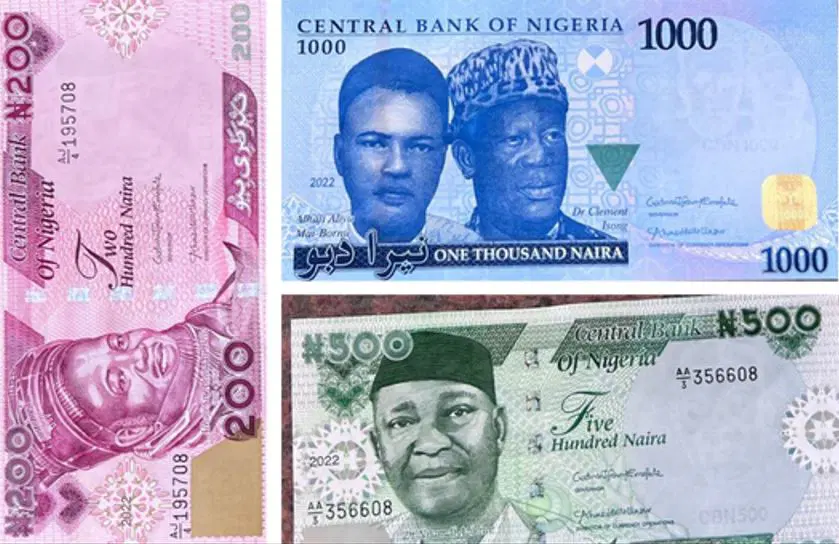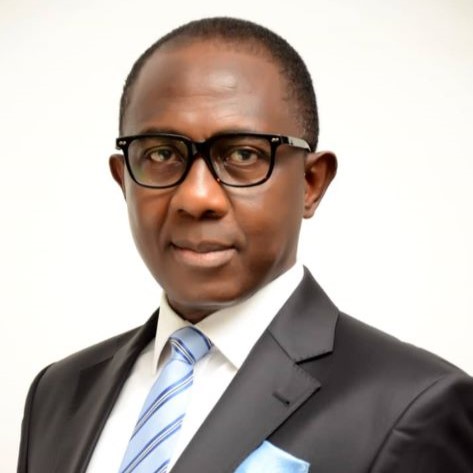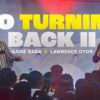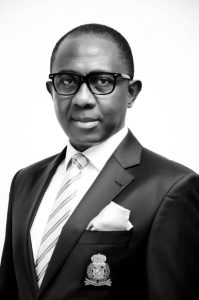The Crazy And Painfully High Cost Of Naira Redesign

The events of the last two weeks are driving the country to the edge, eroding the confidence of even the most incurable optimists in the land. Street protests breaking out in some cities including Ibadan and Abeokuta and bank branches being attacked by angry customers who cannot seem to be able to access their funds are some of the signs that all is not well. The danger is that if the situation is not addressed, there is a risk that it just could boil over. Unfortunately, the disenchantment bears a frightening resemblance to the events that led to the street protests that later came to be known as OccupyNigeria. Just how did we arrive here?
The redesign of the Naira may have been the immediate trigger for the tension in the country but the process for the dubious conclusion of that policy came at a time when acute fuel shortages was already setting Nigerians on edge. The redesign of the Naira may have been well-intentioned, but the entire management of the process has again exposed the typical gap in public policy design and implementation. The policy to redesign three of the national currency, the N200, N500 and N1,000 was announced by the Central Bank of Nigeria (CBN) in October last year with a transition period of a little over three months for Nigerians to exchange their old notes. The initial deadline of January 31 was later extended to February 10 after public outcry at what looks like the shortage of the new notes from most of the deposit money banks. The extension notwithstanding, ordinary Nigerians are left stranded because most people are refusing to transact business unless it’s done using the new notes. I am sure this was not in the plan.
The CBN was clear that there would be no outright exchange of the new banknotes with the old ones during the transition period, which is strange in itself. While the bank encouraged people to explore other payment channels such as eNaira, POS, electronic transfer, USSD, internet banking and mobile money operators, it’s not out of order to ask what data informed this strategy. In this policy stance is the root of the chaos being experienced. It looks to me like there is a deliberate attempt to withdraw money outside the banking system, technically called currency outside banks (COB), which is an excellent move except that it can be weaponised for political purposes. When the CBN announced the currency redesign in October, money outside the banking system was N2.84 trillion up from N2.73 trillion in September. The implication of having such a high volume of money outside the banks is that it could fuel inflation; limit lending within the banking industry because COB is unavailable for financial intermediation; and limit the effectiveness of the CBN’s policy interventions.
I know the CBN under Godwin Emefiele has pushed cashless as one of its main policies. I will leave the man and his story for another day. It will suffice to say that having been privileged to work in Zenith Bank in his time as Deputy Managing Director and later Group Managing Director, I can attest to his good nature and competence as a banker. I bet that others who encountered him then will say the same of the man. However, as is always the case, a high office in Nigeria does something strange to the finest of men. It seems the curse is either the office messes you up or you mess up the office. In the CBN Governor’s case, it is difficult to say which is the case. Needless to say that under his watch, COB has grown steadily from N1.46 trillion in December 2015 to the unmanageable levels of today. Never mind the stories about politicians who have stockpiled money to buy votes being the target of the Naira redesign policy. Truth is, COB in Nigeria is a reflection of the cultural disdain for the banking system that has failed people over the years; failure to bring the unbanked into the net; and the sheer size of the informal economy.
Many, including the World Bank and the International Monetary Fund (IMF), have called for further extensions of the February 10 deadline for conclusion of the process of withdrawing the old banknotes. But this looks to me like missing the point. Sure, were the chaos to persist, the general elections fixed for later this month might be in jeopardy, but there are frightening signs that the anger in the land might boil over. As the CBN clearly states, the intention is not to exchange old banknotes for new ones; so, postponing the deadline won’t necessarily put them in the hands of Nigeria. It then means the CBN is most likely betting on getting Nigerians to adopt within a few months, the same e-channels that its effort in the last seven years failed to bring into the mainstream of banking. Regardless of the good intentions, the evidence of the last two weeks does not support that optimism.
If we take the result from India, another large country to have tried something like this as an indication, the omen in the immediate future is not encouraging. When that country under Prime Minister Narendra Modi announced its demonitisation on November 8, 2016, the news produces chaos just as the one Nigeria is experiencing today. That surprise announcement to withdraw two of the country’s highest-denomination currency notes (Rs 1,000 and Rs 500) triggered a rush at banks and ATMs that resulted in long queues and unnecessary pain for the country’s poor who could not use the e-Channels. The Indian government thought the policy would eliminate the huge funds outside the banking system, snuff the life out of corruption and launch the country into a cashless era. The country, however reported that the informal sector shrunk from over 52 percent in 2017-2018 to about 20 percent in 2021 following Covid-19 and the digitization drive. So, if we want to eliminate COB, we must be ready for the for the long haul, but obviously not with an angry population to deal with.
The CBN Governor ought to know that banks will satisfy their high-networth customers before ordinary Nigerians will get access to the new banknotes. I am, therefore, not surprised with the claims that a governor was able to get N500 million of the new notes from a bank. It should be expected because banks, which profit from public sector funds will kiss the very ground on which powerful politicians walk. If the whole Naira redesign was targeted at vote-buying politicians, then CBN ought to have secured the buy-in of commercial banks. The videos of the new banknotes locked up in strong rooms while customers queue endlessly at Automatic Teller Machines (ATMs) speak volumes about what the banks think of either the CBN policy or the customers who bank with them. It is either the CBN and commercial banks are misreading the mood of angry Nigerians or they don’t care. Closing branches and issuing security guidelines to bank staff may save innocent people from getting hurt as angers boil over. However, and as we are beginning to see, those measures do not assuage the growing frustration of Nigerians who suddenly are forced to bear the brunt of high cost of funds in a country where cash is still the most preferred mode of doing business.
Understand the scenario. It is a wickedly confusing implementation of a public policy. As banks continue to hoard the new banknotes, operators of point of sale (POS) terminals have suddenly key in the value chain. That’s fine because the apex bank intended that POS operators would receive enough supply of the new banknotes from the banks and then be able help in the distribution to Nigerians. Those measures have failed woefully and that’s because either the CBN simply doesn’t have enough or is deliberately limiting what is available. Then of course, as banks hoard what they have, the scarcity is forcing POS operators to look for money from alternative sources. The problem is people were forced to take their cash-at-hand to banks in the hope that they would be able to change them into new banknotes. The reality is that people are struggling with shortages of both the old and new banknotes. Trust rugged Nigerians, I am told that some POS operators are buying cash from traders in some Lagos markets at the rate of N100,000 for N1million. By the time they do that, they now charge Nigerians N1,000 or 20 per cent commission for every N5,000 they withdraw.
So, each time you hear about public protests breaking out, remember that people are paying a high price to withdraw their own money; to then go and buy fuel for as much as N300 per litre in some cities. It shouldn’t take the World Bank or the IMF to tell us there is a gathering storm, which has the potential to explode at any time. I hate to admit it, but Nigerians face similar situations as what they went through at the end of 2011. The removal of fuel subsidy at the beginning of 2012 provoked spontaneous protests on January 2. First, protesters in Lokoja, Kogi State, blocked the highway leading to Abuja, the Nigerian Federal Capital. That was to spread to other cities as ordinary Nigerians, hardest hit by the subsidy withdrawal that moved pump price to N141 per litre, took to the streets. Recall that these ordinary Nigerians had expressed their grievances on the streets before interest groups like organized labour, civil society groups imposed some level of street-level organisation.
Protests are not bad in themselves, but the worry is their potential to be hijacked and used by interest groups who then use them to their own ends. In the process, property is destroyed, and lives are lost. That is a cost that we should not be forced to pay again. The way out, for now is to let people have unhindered access to their funds. We can deal with the fuel shortages later.












